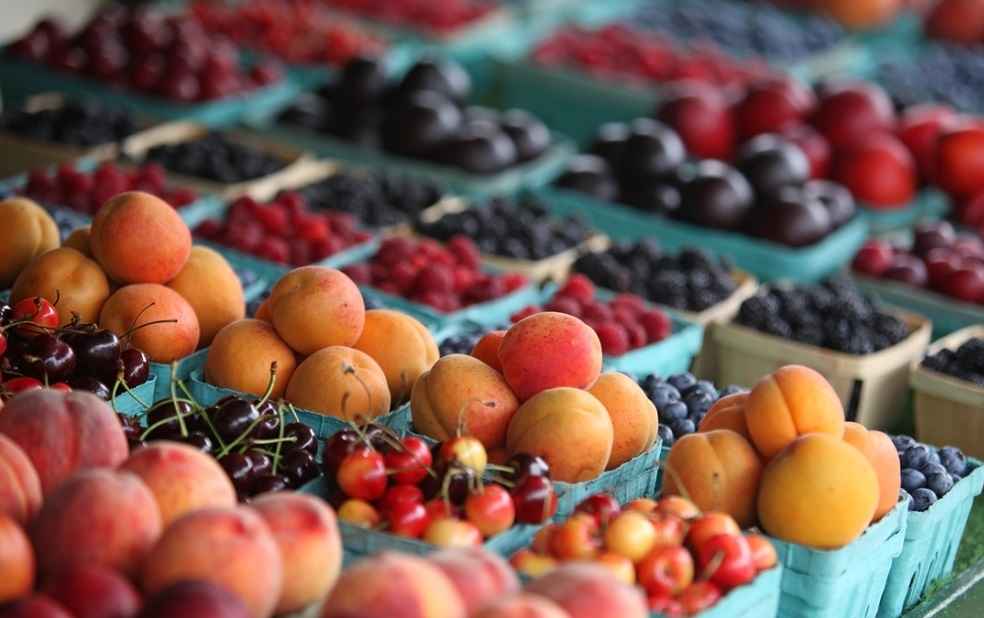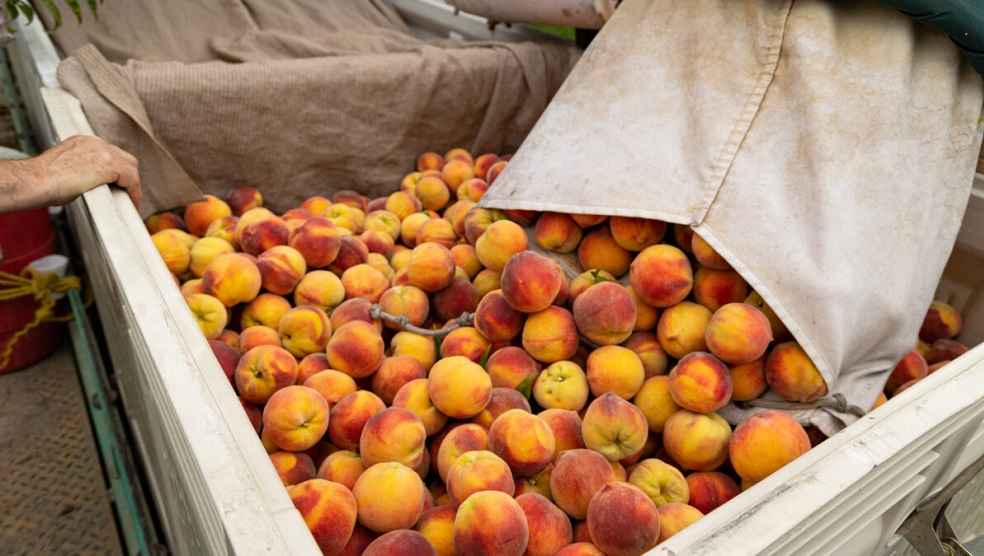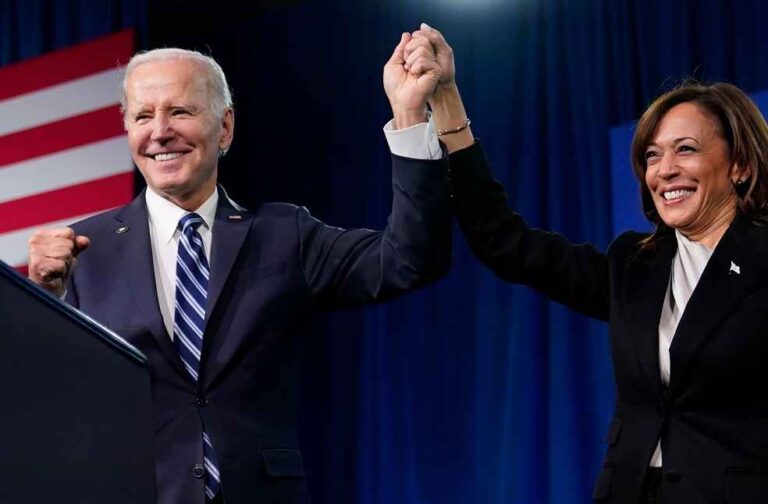A visionary initiative from the Biden-Harris administration orchestrated through the U.S. Department of Agriculture (USDA), promises a transformative era for the U.S. specialty crops sector. This ambitious endeavor, constituting substantial financial commitments, is poised to catapult American agricultural products into new international markets, while skillfully navigating the complexities of global trade.
Major Financial Infusions Announced
Agriculture Secretary Tom Vilsack revealed two critical USDA investments. The Assisting Specialty Crop Exports (ASCE) initiative, with a robust $65 million budget, is dedicated to elevating U.S. specialty crops’ global export trajectory, targeting unexplored markets. Complementing this, a $72.9 million grant via the Specialty Crop Block Grant Program (SCBGP) aims to underwrite projects poised to enhance the competitive stance of the specialty crops industry.
Sectoral Impact and Financial Magnitude
Specialty crops – encompassing a spectrum from nutritious fruits and nuts to vegetables and horticultural products – form a cornerstone of U.S. agriculture. In FY2023, these exports accounted for $24.6 billion, representing 13.8% of the nation’s total agricultural exports. The new initiatives are tailored to tackle the distinct challenges confronting specialty crop producers, enhancing their domestic and global market presence.

ASCE Initiative: A Paradigm Shift
The ASCE initiative, drawing funds from the Regional Agricultural Promotion Program (RAPP), pledges $65 million to specifically address export barriers unique to specialty crops. Orchestrated by the USDA’s Foreign Agricultural Service (FAS), this initiative will foster mutual comprehension of food safety systems between the U.S. and international markets, streamline export certification processes, and align with global packaging norms.
Strategic Market Development
USDA Under Secretary for Trade and Foreign Agricultural Affairs, Alexis Taylor, highlighted the intricate web of international standards facing each specialty crop product. RAPP is strategically designed to assist exporters in forging into untapped markets and amplifying their presence, particularly in burgeoning markets across Asia and Africa. Despite a historical peak in agricultural exports from 2021-2023, the U.S. grapples with an expanding agricultural trade deficit, projected to escalate in FY24. RAPP’s role is crucial in diversifying export destinations and solidifying pivotal market relationships.

The Biden-Harris administration’s investment in the specialty crops sector represents a sagacious strategy, poised to elevate the U.S.’s stature in the global agricultural landscape. These initiatives are not merely a boon for the specialty crops sector; they signify a strategic pivot towards a globally integrated U.S. agriculture paradigm. This approach fosters rural community support, augments the U.S.’s competitive edge, and cultivates a durable international consumer base for American agricultural products, heralding an era of global agricultural leadership.
BUSINESS GENERAL | China-Germany Trade: Navigating Shifts for Robust Economic Alliance



